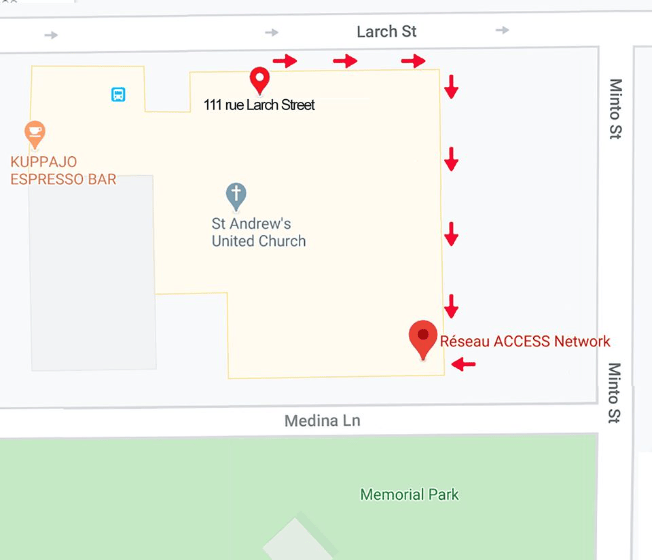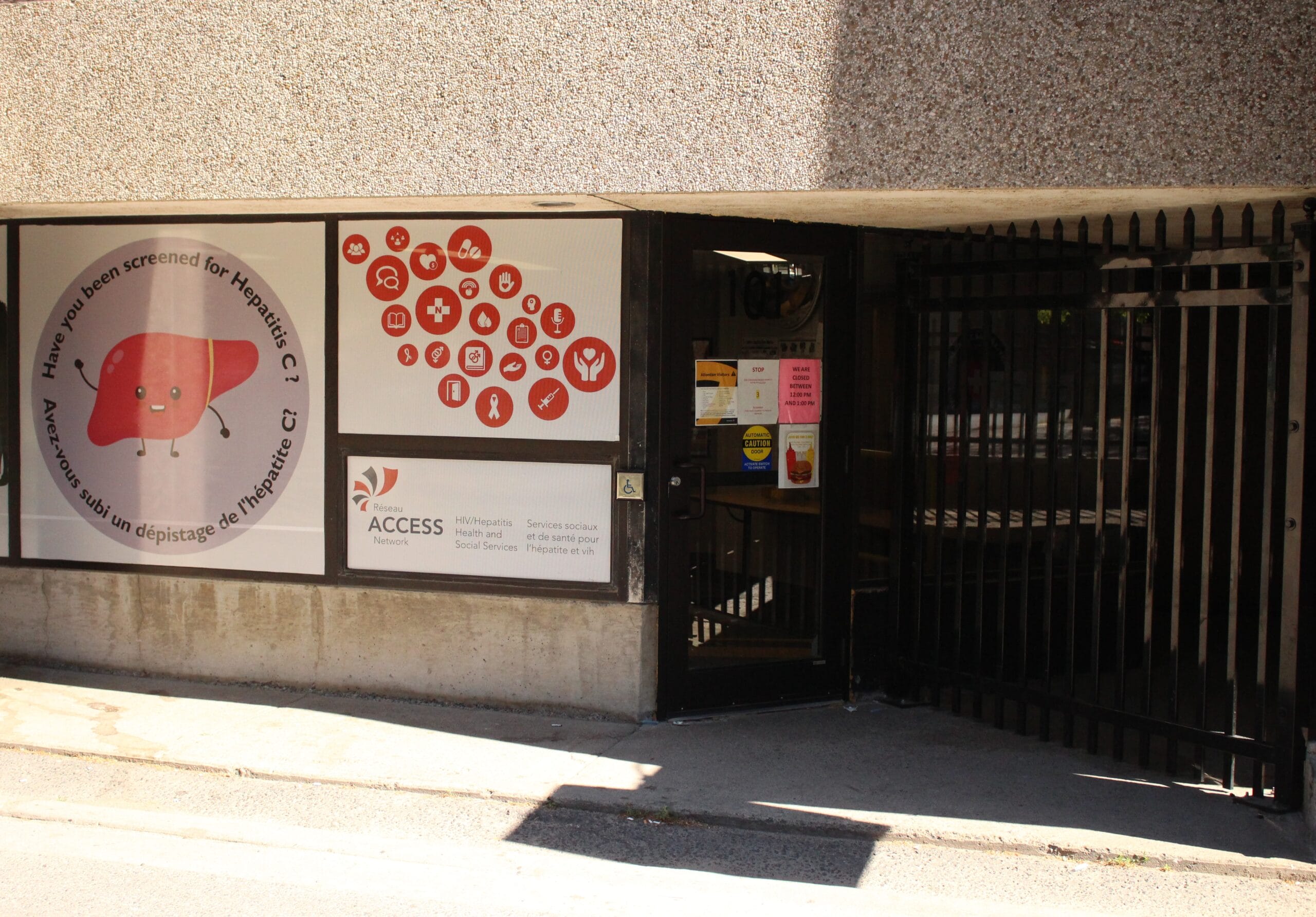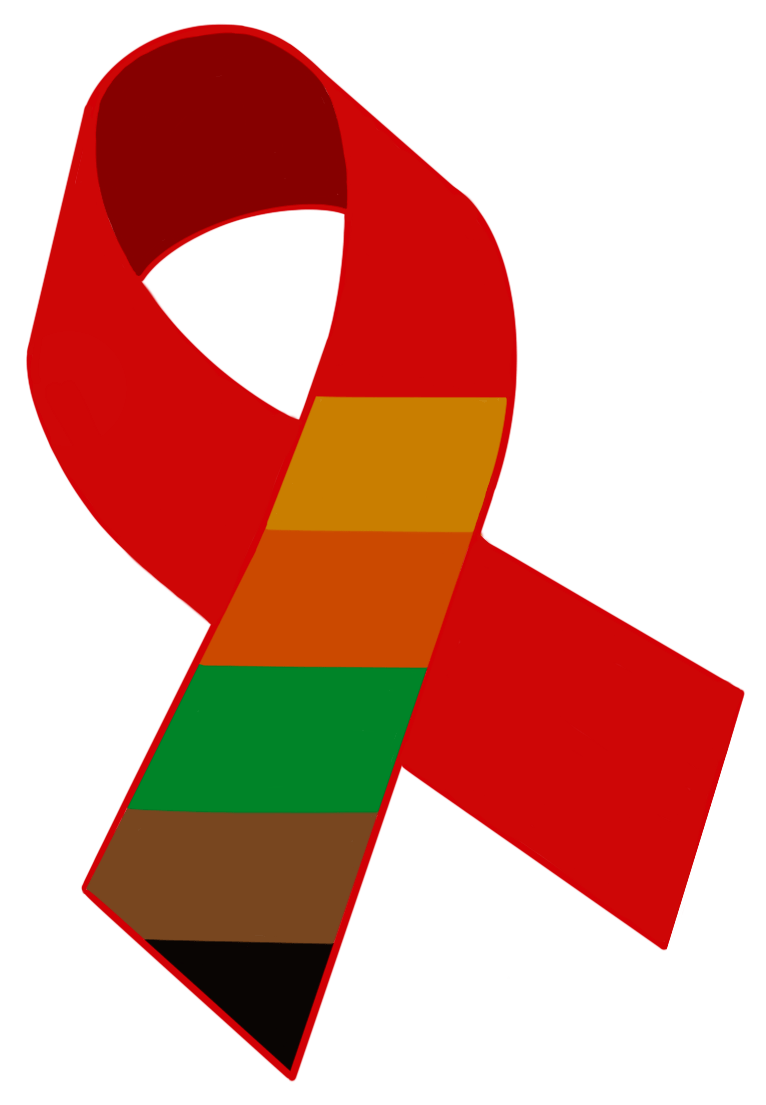
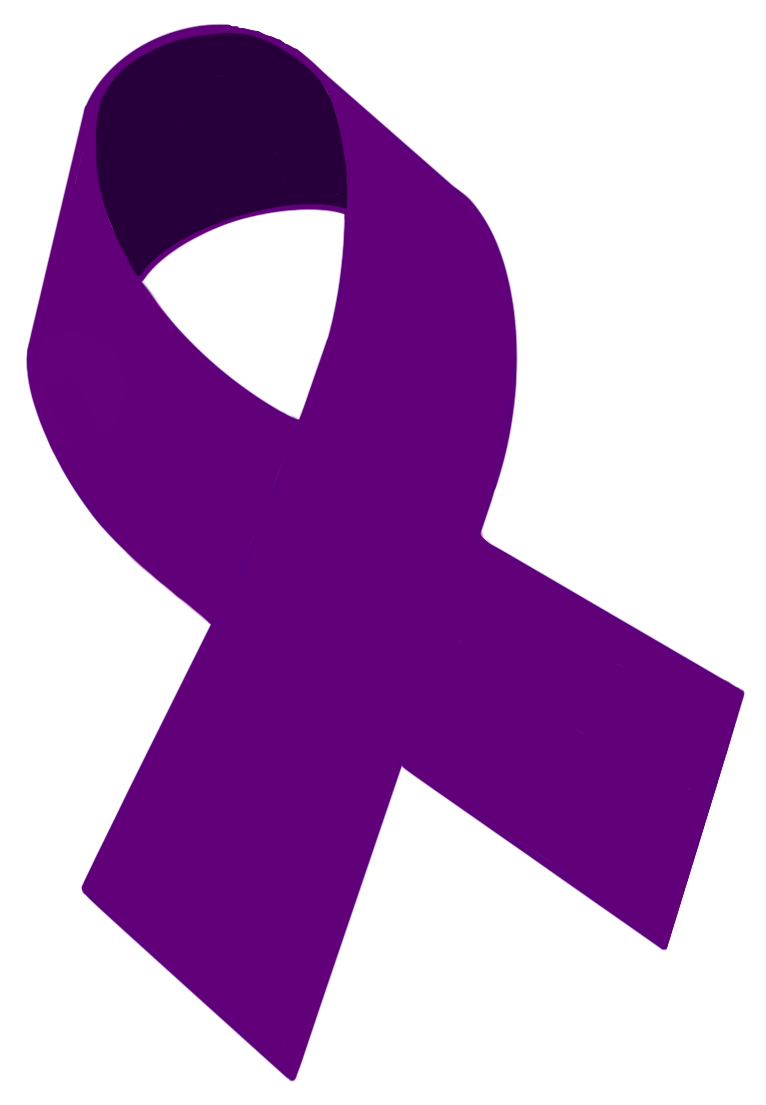

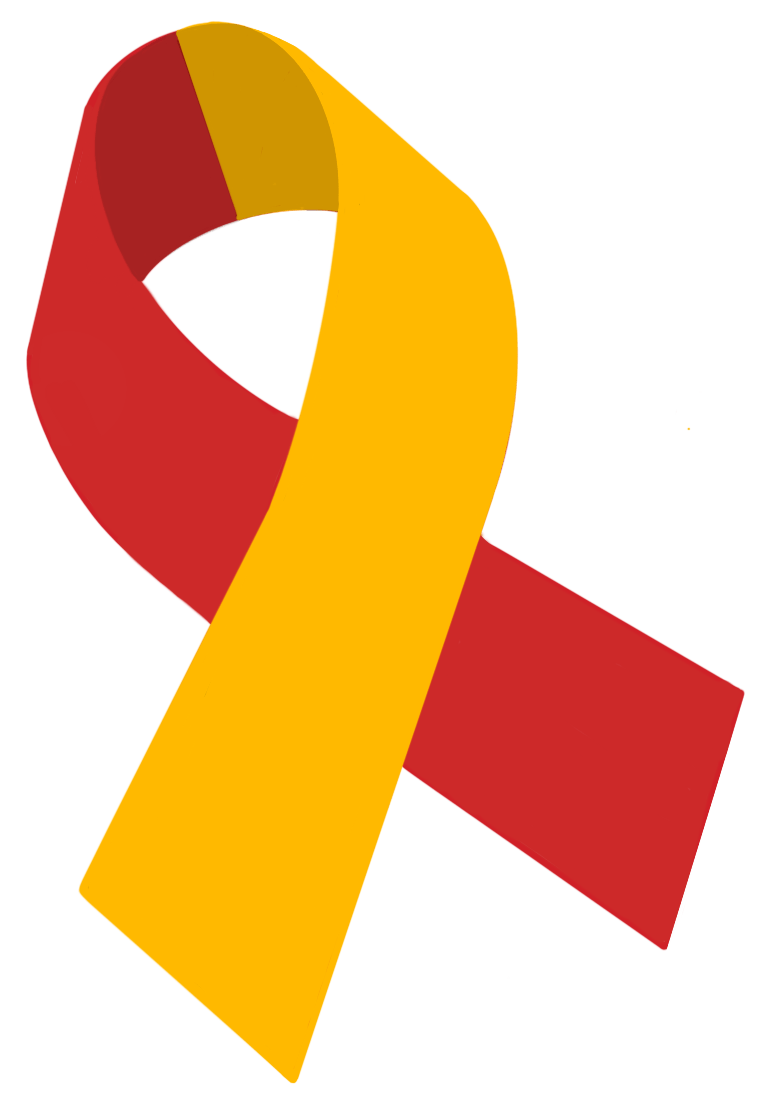
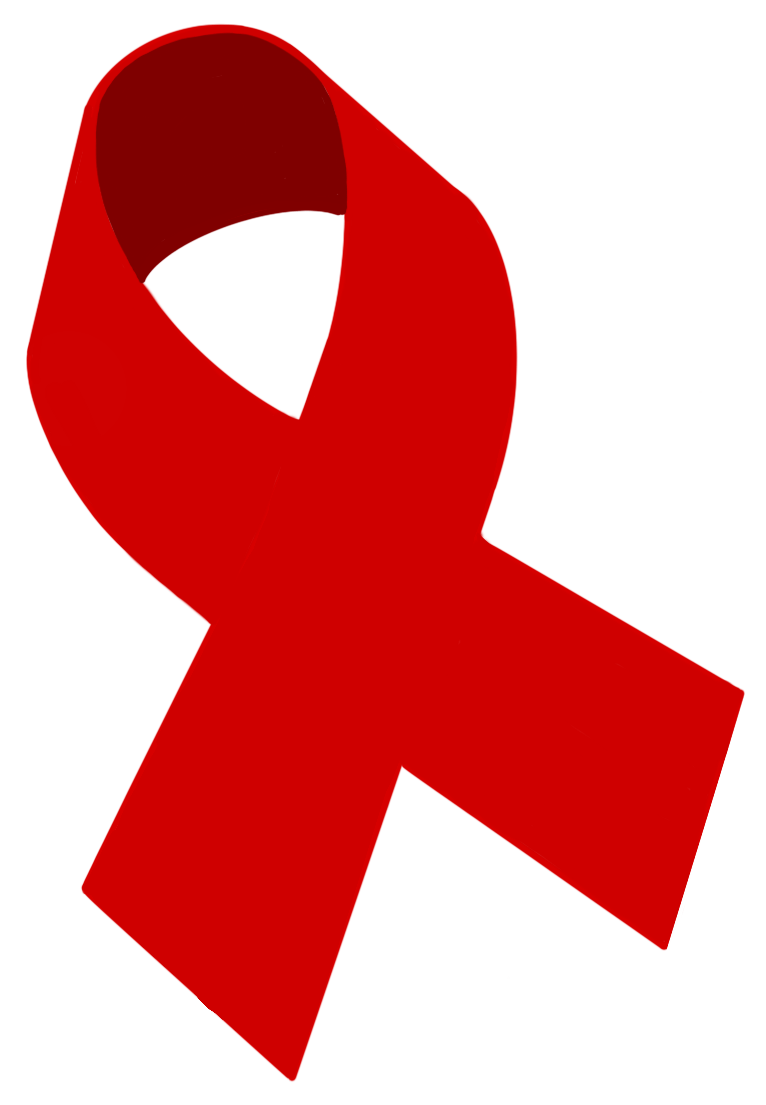
About the Agency
Mission
Réseau ACCESS Network is a non-profit, community-based charitable organization, committed to promoting wellness, harm and risk reduction and education. Réseau ACCESS Network supports individuals – and serves the whole community – in a comprehensive / holistic approach to HIV/AIDS, Hep C, Harm Reduction, and related health issues.
Vision
Universal ACCESS – ACCÈS Universel
Philosophy Statement
“ACCEPTANCE, AFFIRMATION, ASSISTANCE, ADVOCACY AND ACCOUNTABILITY”
As a team working collaboratively and with passion, dedication and creativity:
We ACCEPT every individual regardless of race, colour, creed, religion, ethnic origin, gender, language, physical or mental status, sexual orientation, drug and/or alcohol use, age, gender identity, sexual risk behaviour or level of education.
We do all within our power to AFFIRM in each individual’s unique self-worth.
We provide ASSISTANCE to individuals in an atmosphere of confidentiality.
We ADVOCATE for continuous improvement in support services, education, harm reduction, public awareness, and ongoing public financial support.
We are ACCOUNTABLE to the public, individuals we serve, and our funders and supporters for our programs and services and stewardship of funds.
Agency History
The Early Years
While funding began March 1st, 1989, it was not until June of 1989 that Réseau ACCESS Network first opened its doors with its first location on the third floor at 174 Larch Street in Sudbury. There were only two members/patients and the organization consisted of one- and one-half employees. Today, many years later, we see an organization that has grown to meet the needs of its members/patients, all while still honouring its original philosophy of providing the community with “Acceptance, Affirmation, Assistance, Advocacy, and Accountability”.
Réseau ACCESS Network or then called ACCESS, the AIDS Committee of Sudbury was founded by Tom Reid in February of 1988, after his brother was diagnosed with AIDS. He learned of his brother’s diagnosis by watching a national News broadcast about how at the time an herbal supplement was showing great promise with the battle against HIV/AIDS. Inspired by the multitude of resources available to his brother while residing in Vancouver, Reid wanted to ensure that individuals within this community who were affected or infected with HIV/AIDS had the organizational and medical supports available to them. “After returning from Vancouver, I made some calls into what services were available to those living with HIV/AIDS in Sudbury, and found a lack of services available. I knew that I had to do something about it” said founder Tom Reid.
In the early 1990s, ACCESS, the AIDS Committee of Sudbury assisted in the creation of three important programs with an aim of enhancing services within the community.
- The Needle Exchange Program or “The Point” as it is called was originally situated at the Sudbury Action Centre for Youth and since 2016 has been housed at the downtown location of the Sudbury and District Health Unit with a goal of assuring access to harm reduction materials;
- The development of the HAVEN program (HIV Outpatient clinic) assures access to HIV and Hepatitis C co-infection treatment and support; and,
- The Living Well Fund created by, and situated at Réseau ACCESS Network with a mandate of providing practical assistance in the form of access to the Agency’s food bank, travel to medical appointments and assistance with access to medication for those living with HIV/AIDS and/or Hepatitis C by assisting with the deductible to the Trillium Drug Program.
Our connection to Sault Ste Marie
In August of 2001, a representative from then the Ontario Ministry of Health and Long-Term Care (now Ontario Ministry of Health) contacted ACCESS, the AIDS Committee of Sudbury and asked that the organization consider amalgamating with the Algoma AIDS Network situated in Sault Ste Marie. By April of 2003, an amalgamated agency serving the Algoma, Sudbury and Manitoulin districts was unveiled with the new name: “Access AIDS Network”.
In 2009 the Group Health Centre situated in Sault Ste Marie stepped forward to develop and maintain all HIV/AIDS programming for the Algoma District. Since that time informal connections between the staff from both sites have been maintained, but programming is developed by folks from the Sault, for folks from the Sault.
The formalization of Hepatitis C services within Access AIDS Network – Sudbury
In the fall of 2000, Access AIDS Network received funding through the Public Health Agency of Canada to develop and promote educational material as it pertains to Hepatitis C. Various train-the-trainer packages were developed targeting various populations.
By 2008, the Ontario Hepatitis Nursing Program became an integral part of the services provided through Access AIDS Network. The focus of this program was to assist individuals mono-infected with Hepatitis C or those co-infected with HIV/AIDS gain access to Hepatitis C treatment.
In the spring of 2011 funding was enhanced through the Hep C Secretariat, then the Ministry of Health and Long-Term Care (now Ontario Ministry of Health), to create an HCV team in Sudbury to work with “hard to serve/reach” individuals living with, affected by, or at risk of Hepatitis C. While the nursing services continue, these also now include education, case management, community outreach, and practical assistance.
Changing the name to Réseau ACCESS Network – HIV/Hepatitis Health and Social Services, Services sociaux et de santé pour l’hépatite et vih.
In recognition of the work now being done within the organization, and the funding available to do so, members of the organization unanimously agreed the organization should change its name in order to reflect the services provided. Réseau ACCESS Network recognizes its history, its commitment to bilingualism and the French speaking community within our catchment area, and more importantly the services needed to those living with, affected by, or at risk of HIV and/or Hepatitis C. By the fall of 2011, a new logo was unveiled, and new materials were developed to promote the additional services.
Development of the Supervised Consumption Site
The Community Drug Strategy for the City of Greater Sudbury undertook a study to determine the need for and the feasibility of implementing supervised consumption services in Greater Sudbury. The study was completed between April 2019 and June 2020. The study consisted of a survey with people who use drugs (PWUD), a survey of Greater Sudbury community members, focus groups with community partners and stakeholders, and secondary data analysis. Results from the survey clearly identified the need for a SCS/CTS within the City of Greater Sudbury and surrounding region.
Upon completion of the study, Réseau ACCESS Network was approached by one of the Executive members of the Community Drug Strategy (Co-Chair, Dr. Penny Sutcliffe) with a request to co-lead along with Public Health Sudbury & Districts the application process for the CTS to both the Federal (for exemption) and Provincial (for funding) Governments. Once the applications are approved, Réseau ACCESS Network would lead and be responsible for the CTS site.
Community consultation included meeting with individuals with lived/living experience as well as Indigenous and non-Indigenous led organizations to further identify additional needs/recommendations prior to the final applications. Initial application to the Federal Government was July 12th, 2021 and to the Provincial Government on August 27th, 2021. Community consultation continued during the review and site development with ongoing dialogue between Public Health, City of Greater Sudbury, STOPS and Réseau ACCESS Network.
Réseau ACCESS Network is expected to take possession of the facility from the City of Greater Sudbury in March 2022 with an opening date to follow:
Réseau ACCESS Network – Leadership throughout the years:
Stephen Lane – 1989 to 1990
Doris Schwar – 1990 to 1991 (six-month contract)
In the absence of an Executive Director (3-month period) – Board Support – 1991
Ann Matte – 1991 to 1999
Richard Rainville – 1999 to 2022
Heidi Eisenhauer – 2022
Anti-Racism/Anti-Discrimination/Anti-Oppression Statement

ANTI-BLACK RACISM PUBLIC HEALTH CRISIS DECLARATION
The Ontario AIDS Network (OAN) formally declares anti-Black racism a public health crisis within the HIV sector. This crisis continues to impede equitable delivery of the community-based HIV response across the province and obstructs the health and wellbeing of African, Caribbean, Black Latinx, and Black (ACB) people living in Ontario. Further, the OAN declares its commitment to compel health systems officials, local and provincial government, and leaders within the province’s health units, boards and systems to take this step forward and join the OAN in formally declaring anti-Black racism a public health crisis
The OAN, through this declaration statement and our ongoing response against anti-Black racism, joins a small number of public health boards, and many Black health leaders, echoing their collective call to unapologetically confront white supremacy and address anti-Black racism within Ontario’s health care systems including the HIV care, treatment and support networks, and in workplaces within the HIV sector.
Our organization is not satisfied to stand idle in solidarity. We are intently mobilizing toward strategic and material action that will be informed by the histories and needs of African, Caribbean, Black Latinx, and Black (ACB) people in Ontario. As we move forward, the OAN is supporting our membership and sector to address the many systemic inequities that continue to impact health, wellbeing, and safety, and limit access to HIV treatment, prevention, testing and care for ACB people living with or affected by HIV.
As an organization, we are striving to meet this moment, however, the OAN itself publicly acknowledges our own role in sustaining systems and practices that perpetuate anti-Black racism and have caused the active disengagement of racialized people from HIV supports, treatment, prevention, and the Care Cascade. We urge our members to join us in reflecting on the decades of damage caused by a colonialist system; a system that has played a near-singular role in establishing and preserving the inequitable structures we now strive to deconstruct.
It is our intention to work alongside our members and partners to address and redress an oppressive health system rooted in white supremacy, and to contribute to the decolonization of the public health HIV response in Ontario. Throughout this process, we will strive to enable health equity for Black, African, Afro-Latinx, and Caribbean people including men, women, Trans and people with gender diverse lived experiences, and youth living with and affected by HIV/AIDS—all of whom have historically been marginalized by our public health and social systems.
Réseau ACCESS Network Resolution Supporting OAN Declaration
Whereas: The Ontario AIDS Network (OAN) stands firmly with the Black community to condemn all forms of racism;
Whereas: We recognize racism in general and anti-Black racism as a public health crisis that reveals itself in many ways, – from microaggressions, through physical violence, to systemic perpetuation of power and privilege within the HIV sector;
Whereas: These societal, structural and individual aggressions have had and continue to create enormous negative effects on the mental health and wellbeing of Black community members;
Whereas: The OAN through this declaration statement, and our ongoing response against anti-Black racism, joins a number of public health Boards and many Black health leaders and their communities in echoing their collective call to unapologetically confront both white supremacy and white fragility, and to address anti-Black racism within Ontario’s health care system including the HIV care, treatment and support networks and in workplaces within the HIV sector,
Whereas: Réseau ACCESS Network HIV/Hepatitis Health and Social Services as stated in its Vision and Mission, is a leader in the equitable delivery of HIV/HEP C care, treatment and support, as well as harm reduction supports to a diverse population within our defined geography, and acknowledges lands within the traditional territory of the Atikameksheng Anishnawbek First Nation and the Wahnapitae First Nation situated within the Robinson-Huron Treaty of 1850,
Whereas: Réseau ACCESS Network HIV/Hepatitis Health and Social Services Board of Directors’ Strategic Plan 2020-2025 supports a key Direction supporting Equity/Culture/Diversity through the three following Priorities: Engagement, Knowledge Mobilization, and Organizational Wellness,
and Whereas: Réseau ACCESS Network HIV/Hepatitis Health and Social Services is a member in good standing with the OAN;
be it Resolved that the Réseau ACCESS Network HIV/Hepatitis Health and Social Services Board of Directors hereby endorses the OAN Anti-Black Racism Public Health Crisis Declaration, October 30, 2020 and strives to support outcomes and actions that may result in this public declaration.
Diversity, Belonging, Equity, and Inclusion Statement
Réseau ACCESS Network strives to build an inclusive workforce that reflects the rich diversity of the community in which we live. We prioritize equity and inclusion and challenge structural forms of oppression like racism, colonialism, and white supremacy that sustain unjust social and racial hierarchies. The agency is committed to the meaningful involvement of people living with HIV and/or Hepatitis C; persons with living/lived experience who use drugs; members of 2S-LGBTQIA+ communities; individuals from Indigenous, First Nations, Inuit, and Métis communities, Black, Brown, Asian and members of ethnocultural communities, and persons with dis/abilities and strongly encourages the above-mentioned individuals to apply for this position. Each new hire is an opportunity to embrace new perspectives, and the team is excited to expand the agency further.
GIPA/MIPA
The Ontario Accord and the GIPA/MIPA Principle
GIPA – the Greater Involvement of People living with HIV/AIDS
MIPA – Meaningful involvement of PLHIV
MEPA – Meaningful engagement of PLHIV
It aims to realize the rights and responsibilities of PLHIV, including their right to self-determination & participation in decision making processes that affect their lives. It also aims to enhance the quality & effectiveness of the HIV/AIDS response.
Harm Reduction Position Statement
Land Acknowledgement and Reconciliation Statement
Aanii, Booshoo,
Réseau ACCESS Network acknowledges that the organization is situated on the traditional territory of Sudbury (N’Swakamok), the traditional lands of the Atikameksheng Anishnawbek, who have been stewards of this land since time immemorial. The agency also acknowledges Wahnapitae First Nation, on whose territory Sudbury partially sits, as well as recognizing this area as a traditional harvesting territory for the Métis people. This land is governed by the Robinson-Huron Treaty of 1850, and continues to be home to diverse Indigenous peoples, including Anishinaabe, Cree, and Métis communities.
As an organization working in Sudbury, Réseau ACCESS Network recognises the profound importance of Indigenous ways of knowing, seeing, being, and doing. The agency honours the sacred protocols, ceremonies, and traditional knowledge that have sustained these lands and peoples for countless generations. This wisdom continues to guide the organization towards a more harmonious relationship with the natural world and each other.
It is crucial to acknowledge that colonisation is not a historical event but an ongoing process that continues to impact Indigenous communities today. The legacy of residential schools, forced relocation and systemic discrimination persists, affecting access to healthcare, education, and economic opportunities. As representatives of Réseau ACCESS Network, the organization is committed to addressing these inequities and working towards genuine reconciliation.
Réseau ACCESS Network pledges to incorporate Indigenous perspectives in its policies and practices, particularly in harm reduction and HIV/HCV prevention programs. The agency is dedicated to building meaningful relationships with Indigenous communities, fostering trauma informed, non-judgmental, member/patient centred practices in its services, and amplifying Indigenous voices in community.
The Executive Director at Réseau ACCESS Network, whose focus includes policy development and relationship building, commits to centring Indigenous knowledge and experiences. The organization will strive to create policies that respect and support Indigenous self-determination and cultural practices.
Réseau ACCESS Network expresses deep gratitude to the Indigenous knowledge keepers who guide the organization on this river of understanding and reconciliation. Their wisdom, patience, and generosity in sharing teachings are invaluable as the agency works towards a more just and equitable future.
Réseau ACCESS Network reaffirms its commitment to ongoing learning, meaningful action, and continuous improvement in reconciliation efforts as the organization moves forward. The agency recognises that this work is a lifelong journey, and approaches it with humility, respect, and dedication.
Health Services Model
Health Services Model
Réseau ACCESS Network is a non-profit, community-based charitable organization committed to promoting wellness, harm reduction, and education. Based in Sudbury’s downtown core, the organization provides accessible, low-barrier, trauma-informed services through multiple delivery models.
Service Locations
The organization operates on two floors:
- Storefront Level (1st Floor):
- Provides in-reach services
- Naloxone training and distribution
- Sterile harm reduction supply distribution
- Every Wednesday – women identified harm reduction
- Indigenous Medicines
- Volunteer opportunities
- Community programming – social prescribing
- training and workshops for people with lived and living experience
- Case management – Circle of Care Coordinators – At Risk, HIV/HCV members/patients
- Hepatitis C Treatment Clinic
- HIV/HCV and STBBI screening and treatment clinical services (by appointment – Wednesday afternoon walk in).
4th Floor: Houses wellness and online workshop rooms, administrative offices (with a plant wall), and additional medical clinics:
- HIV treatment services
- Gender Affirming Services (GAS)
- Gay/Bi/MSM Clinic
- TAP (HIV Treatment and Prevention Clinic)
- 2S-LGBTQ+ Counseling and Education Services
Social Prescribing and Wellness Programming (Current and Upcoming)
Réseau ACCESS Network employs a social prescribing approach, offering low-barrier wellness and engagement programming as part of the education initiatives. These programs bridge the gap between medical and social care services, addressing holistic health engagement needs through:
- Art and creative expression groups
- A regular sharing circle support group for people living with HIV
- Community kitchen and nutrition education
- Mindfulness and stress reduction sessions
- Conflict resolution, trauma informed care, and social justice workshops
- Movement and physical wellness activities
- Community gardening projects
- Traditional medicines growing & distribution program
These programs support overall well-being, create social connections, engagement, and provide therapeutic benefits in non-clinical settings, complementing traditional medical care.
Core Service Approach
Réseau ACCESS Network integrates several key components:
- Peer Engagement: Meaningful involvement of people with lived/living experience (PWLLE)
- Clinical Services: HIV/AIDS, Hepatitis C, and STI testing and treatment
- Case Management: Coordinated care through registered professionals (Social Workers, Social Service Workers, Nurses)
- Comprehensive Wellness Programming: Low-barrier, trauma-informed, and accessible services
- Harm Reduction Education & Distribution
- 2S-LGBTQIA+
Clinical Services
Réseau ACCESS Network offers multiple specialized clinics:
- Hepatitis C (HCV) Clinic: Testing, treatment, and support for individuals living with Hepatitis C
- Gay/Bi/MSM Clinic: Sexual health services for gay, bisexual, and men who have sex with men and PrEP initiation (sexual health testing available for HCV, HIV, syphilis, HBV, HAV, chlamydia and gonorrhea)
- Treatment and Prevention (TAP) Clinic: HIV-focused care for patients living with HIV and at risk of acquiring HIV.
- Gender Affirming Services (GAS) Clinic: Specialized care for transgender and gender-diverse individuals
Service Delivery Models
The organization employs multiple service models to ensure maximum accessibility:
- Storefront In-reach: Walk-in services at their downtown location
- Outreach Services: Community-based support beyond the physical location
- Clinical Services: Healthcare delivery through specialized clinics
- Mobile Services: Nursing and outreach teams visiting communities upon invitation
- Internal Referrals: Team members look for opportunities to refer members/patients to other programs and team members within the agency who can offer meaningful support and services in a holistic model.
- Online Support: Virtual access and outreach services
- Satellite Programming: Extended services in surrounding communities.
Student Placements
Réseau ACCESS Network actively works with local colleges, universities, and technical schools to support and provide placement opportunities for students in various disciplines. These placements offer valuable hands-on experience in:
- Administration support services (medical and administrative)
- Health promotion and education
- Social Service/Social workers – case management
- Community development
- Communication and marketing
- Clinical services
- Harm reduction practices
- Program coordination and administration
- Public health communications and policy development
Students interested in placement opportunities can contact the organization directly at students@reseauaccessnetwork.com. The organization values student contributions and sees these placements as mutually beneficial learning experiences.
Community Outreach Approach
While not operating a dedicated mobile clinic, Réseau ACCESS Network’s nursing and outreach teams collaborate to build relationships with community members through:
- Facilitate knowledge exchange
- Provide requested services in various communities
- Attend community events and ceremonies
- Knowledge and wellness exchange (as invited)
- Outreach service partnerships
- Facilitated community outreach meetings
- Directly Observed Treatment (DOT)
This relationship-based approach to knowledge exchange is built on trust and consistency, and that services are delivered respectfully and according to community needs, particularly for those facing barriers to accessing healthcare systems.
Specialized Programs
- 2S-LGBTQIA+ services and support
- 2S-LGBTQ+ older adults programing
- Brief counseling and referral services
- Case Management – Circle of Care Coordinators (Case Managers) with registered SSW/SW/CYW (ID, food pantry, OW/ODSP support, incarceration support, navigating community resources, and brief counselling)
- Community Development Initiatives
- Community outreach and in-reach programs (operating 7 days a week)
- Corporate volunteer engagement programs
- Drug testing (Fentanyl, benzodiazepines, xylazine test strips) as available
- Education in schools and workplaces
- Fundraising, legacy gifting, and development services
- Gay/Bi/MSM & PrEP clinic
- Gender-affirming services
- Harm reduction supplies and education
- Hepatitis C treatment
- HIV Care Clinic
- HIV/HCV and STBBI/STI screening and treatment
- Employment opportunities through peer program
- Naloxone distribution and training
- POZ sharing circle
- PWLLE/PWUD/Peer programming
- Self-guided Safer Spaces programming
- Social prescribing & wellness programs/groups
- Traditional medicines growing program
- Volunteer programs (multiple opportunities weekly)
- WHAI (Women and HIV/AIDS Initiative)
- Woman Centered Harm Reduction Wednesday Mornings
- Youth 16-25 harm reduction engagement
Community Drug Strategy for the City of Greater Sudbury
Réseau ACCESS Network staff attend or co-lead all levels of the CDS Executive, Steering Committee, Health Promotion, Wrap-Around Supports, and Substance Use Care
Description of the three CDS streams:
- Health promotion: Focus on the effects of trauma and highlight community approaches to mitigate risk factors and strengthen protective factors to prevent and reduce harms associated with substance use.
- Wrap-around supports: Focus on the collaborative process, including the suite of services required to provide an organized and integrated continuum of care tailored to a person’s needs.
- Substance use care (harm reduction and treatment): Focus on innovations and best practices in hospital and community care.
Réseau ACCESS Network Team
Réseau ACCESS Network Team
Clinical Services
- HCV Treatment Nurse
- Outreach and Testing Nurse
- Bilingual Medical Admin Assistant
Clinical Practitioners
- Dr. Groot – TAP Clinic – HIV
- Dr. Sullivan – Gay/Bi/MSM – primary & STI/STBBI
- Dr. Mirka – Hepatitis C Treatment Clinic
- NP A. Rainville – Gender Affirming Services Clinic
- NP S. Leduc – Gender Affirming Services Clinic
Case Management
- Circle of Care Coordinators (Case Manager)
-
- People at Risk – HIV/HCV
-
- People living with HIV
-
- People living with Hepatitis C
-
- Wellness Link Coordinator – People living with HIV
Education Team
Réseau ACCESS Network features a dedicated education team that includes:
- Peer Engagement Coordinator
- Sexual Health Coordinator
- Women and Community Development Coordinators
- Wellness Link Coordinator
- Harm Reduction Educator
These specialists provide educational services focused on HIV, Hepatitis C, harm reduction, community development, sexual health, and 2S-LGBTQIA+ communities through workshops, webinars, and community outreach.
Development Team Volunteer | Donate
- Volunteer and Resource Development Coordinator
- Executive Director
- Manager of Operations and Communications
- Manager of Harm Reduction Outreach and Education
- Manager of Finance and Administration
Leadership Team
- Board of Directors
- Executive Director
- Manager of Operations and Communications
- Manager of Harm Reduction Outreach and Education
- Manager of Finance and Administration
- Manager of Engagement
Entrance to Réseau ACCESS Network
111 Larch St, unit 101,
located at back of building, off Medina Lane.
